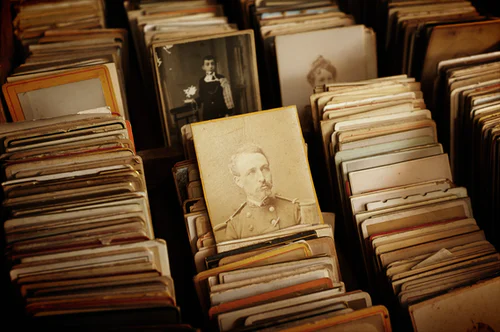History

Meet the team:
Head of History: Mr E Walton
Subject Leader EPC: Mrs C Wheatley
Teacher of History: Miss K Bahia
Teacher of History: Mr P Kane
The overall intent of the subject specialist History team is to is teach in such a way as to be both enjoyable and stimulating, enabling students to be intellectually stretched, while acquiring useful transferable skills and also maintaining their interest in the subject both in school and beyond.
We aim…
- To encourage students to develop an appreciation and understanding of the events and people that have shaped the past and, in turn, the world they live in.
- To embed pupils’ understanding of what they are learning and be able to articulate why they are learning particular knowledge and skills and be able to link this to the present day.
- To instil a long-lasting love of the subject. History lessons aim to be lively, exciting, purposeful and dynamic, with enthusiastic teaching using a variety of methods and materials.
- To enable students to become historians by assisting the development of lively, enquiring minds that question and construct rational argument. Students gain experience of historical enquiry, narrative, analysis, questioning, opinion-forming, debate and presentation of their findings. We work to develop powers of analysis as well as the ability to understand complexity, and how factors interact to determine the course of events.
- To challenge our students to address issues of interpretation and problems of evaluation. For example, we encourage understanding of what ‘evidence’ is and awareness of its varying utility and reliability, and also impress upon students the need to compare sources, to match them against other knowledge and to ask whether the evidence is representative and verifiable.
- To be relevant to today’s world: we aim to highlight the skills pupils are developing. We make links to contemporary events and encourage pupils to deploy their general knowledge and wider understanding in getting to grips with past times.
- To ensure a sense of progress and development, both in skills and in the acquisition of knowledge and understanding, for students of all abilities. In History lessons expectations are high: a strong work ethic is developed and rewarded, with students challenged to produce clear and well-organised written work.
- To enable pupils to develop an awareness of themselves and of their own attitudes and encourage respect for those of others
- To build resilience and revision skills via the use of interleaving.
Curriculum Intent
We believe that students deserve a broad and ambitious History curriculum, rich in skills and knowledge, which immerses students in a range of cultures and engenders an enquiring and critical outlook on the world. Our History curriculum will give students the opportunity to:
- study issues at a local, national and international level in Ancient, Medieval, Early Modern and Modern time periods
- understand Britain’s influence on the wider world
- study the history and influence of different peoples and places across time
- assess the impact of events on individual and communities
- be exposed to a high level of historical and conceptual vocabulary
- learn to interpret a broad range of sources including visual sources and propaganda
- be exposed to different peoples’ perspectives on issues and events
- develop an understanding of how to apply and write about historical concepts such as causation; continuity and change; significance; consequence; diversity
- challenge received wisdom about historical figures and issues
- develop confidence in orating and debating historical issues and evaluate historical interpretations
The study of History will provide students with the ability to think critically about the world in which they live and to question, rather than accept ‘received wisdom’. The History curriculum is sequenced chronologically to ensure students develop a narrative of British history and can place it into a context of world events.
The curriculum has been designed to ensure that students gain an appreciation of divergent perspectives, rather than sticking to established historical norms. For example, in studying the Second World War, students are challenged to see the impact of the war on other countries that were attached to Britain through the Empire. Furthermore, we introduce students to characters and groups who have traditionally been ignored such as LGBT+ and Native Americans. This ensures that students receive a rounded education in History and is essential in teaching attitudes of tolerance. In History lessons, students will regularly apply new knowledge to conceptual questions. Each topic is framed around a challenging historical question which is linked to a second order concept. Lessons mirror this, with key questions forming the basis for each lesson enquiry. This will ensure students access and apply high level vocabulary with increasing rigour over their time in history classrooms. With plenty of opportunities to perform extended writing, we are confident that History at our academy is a highly rigorous and purposeful part of our curriculum.
Pupils should be taught about:
- the development of Church, state and society in Medieval Britain 1066-1509
- the development of Church, state and society in Britain 1509-1745
- ideas, political power, industry and empire: Britain, 1745-1901
- challenges for Britain, Europe and the wider world 1901 to the present day including the Holocaust
- a local history study
- the study of an aspect or theme in British history that consolidates and extends pupils’ chronological knowledge from before 1066
- at least one study of a significant society or issue in world history and its interconnections with other world developments
